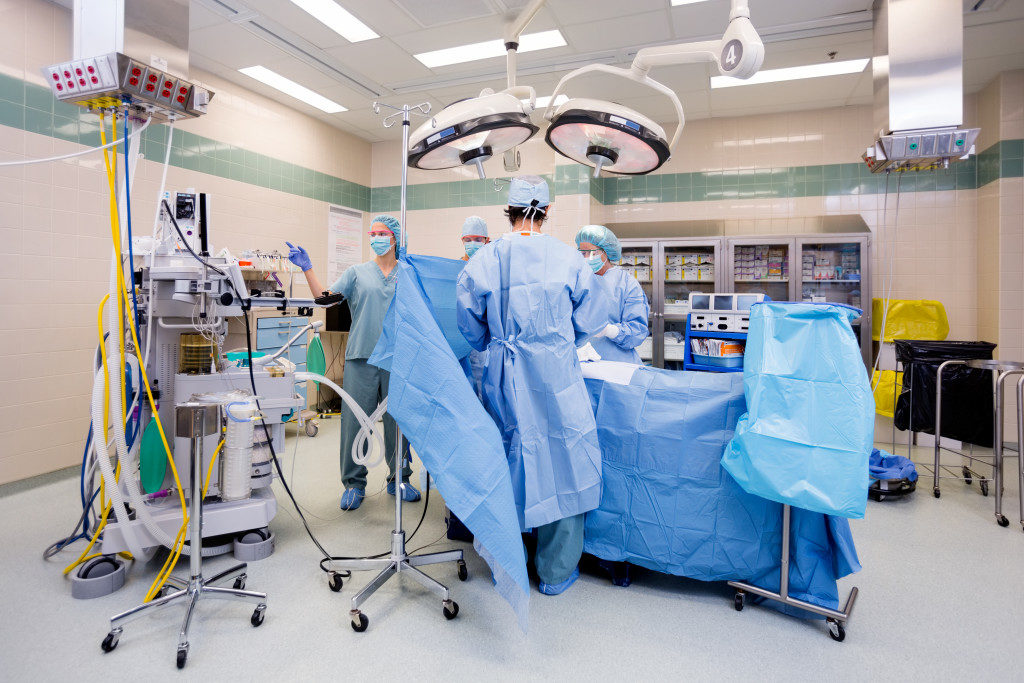Have you ever thought about becoming a surgeon? It might be your lifelong dream to become one of the top cataract surgeons in the world, but do you have what it takes?
Becoming a surgeon requires that a person has a lot of time and dedication. First off, the educational requirement takes over four years in school. That’s a lot of time spent studying and mastering the medical profession. Not only that, but a career as a surgeon is not an easy feat. There are specific skill sets that determine whether a person can excel in it. Here are the skills needed to become a surgeon.
Good motor skills
Surgeons are dealing with very sensitive, and often really small, internal body parts. It’s not an easy job at all. The slightest movement can cause a very severe injury to the patient or even cost their lives. That’s why motor skills are essential for all surgeons.
Hand-eye coordination, dexterity, and attention to detail are among the most important motor skills for a surgeon to possess. They have to be able to work under pressure while keeping a calm and steady composure for the entire duration. Operating on a real-life person is not a very chill task, but surgeons must be able to maintain their calmness despite the urgency.
Problem-solving skills
Surgeons spend a great deal of time learning new medical innovations. They read a lot of books and have to master operational procedures. They wouldn’t be able to operate without this knowledge. But not all surgeries turn out as planned. Since the human body is very complex, a wrong movement can trigger a negative response in another area.
This is precisely why surgeons need to be able to think on their feet and have strong problem-solving skills. They can’t lose their heads during surgery, otherwise, they’ll end up risking the patient’s life. Surgeons need to come up with solutions and fixes on the spot as quickly and accurately as they can.
Communication skills
In an operating room, there’s never an instance when it’s only the surgeon conducting the operation. There are a lot of different people participating in the surgery, including the assistant surgeon, anesthesiologist, nurses, and more.
The operating surgeon must be able to communicate well with these different people. They should know how to communicate their needs or what type of assistance they require. Without effective communication, the surgery is at risk of taking longer than needed or in worst-case scenarios, failing.
Ability to work in teams
As mentioned earlier, many people participate in the operating room. All of them have their roles to play in the surgery. A good surgeon recognizes the roles of all the people joining him or her. There must be a sense of trust and accountability among everyone in the room in order for them to function effectively as a team.
Patience and stamina

The average duration of surgery is five to six hours. There are other kinds that can last up to 14 hours or longer. That’s the reality faced by surgeons on a daily basis. They spend countless hours in the operating room conducting surgery. So surgeons need to have a great deal of patience and stamina to last the entire duration. It’s really tiring to stand and work on a complicated, brain-exhausting job. Just imagine how strong and persevering surgeons have to be.
The job of a surgeon is nothing to be taken lightly. They have the lives of people on their hands. That’s why they need to right skills, education, and training to practice the profession.





